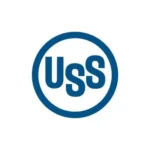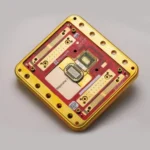Nippon Steel Corp. has announced a three-month delay in finalizing its acquisition of United States Steel Corp., now targeting completion by December. This decision arrives amidst heightened scrutiny as the $14.1 billion deal becomes increasingly contentious in the lead-up to the U.S. presidential election in November.
The acquisition has drawn political attention from both sides of the aisle. Donald Trump, the presumptive Republican nominee, has openly stated his intention to block the takeover, aligning with unionized U.S. Steel workers who are against the Japanese company’s move. Similarly, President Joe Biden has shown support for the unionized workers, adding a layer of complexity to the approval process.
Nippon Steel asserts that the delay is due to anticipated timelines for U.S. regulatory approval and not directly due to the political climate. The deal, which has already received the green light from U.S. Steel shareholders, awaits further scrutiny from the Committee on Foreign Investment in the United States (CFIUS). This body evaluates the implications of such transactions on national security.
The acquisition is pitched as a strategic move to bolster U.S. Steel’s capabilities in producing advanced, environmentally sustainable steel, enhancing the resilience of American industry against competitive threats from China. Both companies have committed to retaining U.S. Steel’s headquarters in Pittsburgh, maintaining its existing brand, and preserving production and employment levels in the United States.
This transaction underscores the delicate balance between business strategy and geopolitical considerations, highlighting the influence of political dynamics on international business deals.




